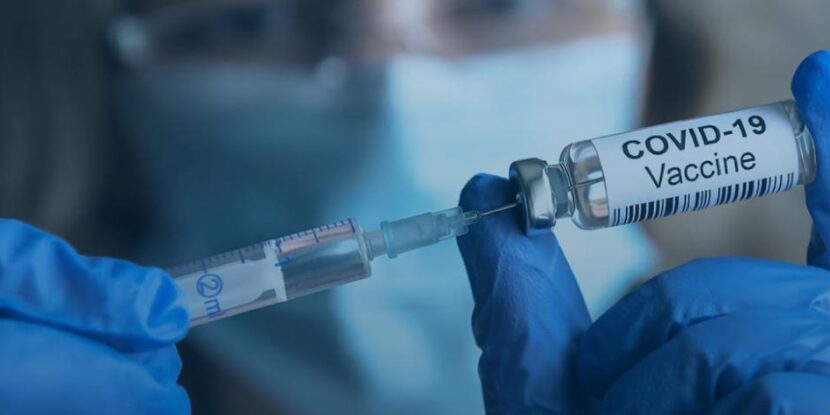❓WHAT HAPPENED: Scientists in Turkey discovered that Pfizer’s COVID-19 vaccine may temporarily affect the cornea, potentially leading to vision issues if long-term changes occur.
👤WHO WAS INVOLVED: Researchers in Turkey conducted the study, examining 64 patients who received the Pfizer-BioNTech vaccine.
📍WHEN & WHERE: The study was published on Wednesday in the journal Ophthalmic Epidemiology, with data collected over approximately 75 days post-vaccination.
💬KEY QUOTE: “The endothelium should be closely monitored in those with a low endothelial count or who have had a corneal graft.” – Study authors
🎯IMPACT: Potential corneal swelling or blurry vision could arise in patients with pre-existing eye conditions or low endothelial cell counts.
Researchers have found that Pfizer’s COVID-19 vaccine may heighten the risk of eye damage by impacting the cornea, the transparent outer layer of the eye that permits light entry. A study in Turkey analyzed 64 vaccinated patients, assessing changes in their corneal endothelium—the cornea’s innermost layer—before and after receiving the vaccine.
The findings indicated that two doses of the Pfizer vaccine resulted in thicker corneas, reduced endothelial cell counts, and increased variability in cell size. Although no immediate vision issues were reported, the researchers cautioned that persistent changes could lead to corneal swelling or blurred vision, especially in those with pre-existing eye conditions or prior corneal transplants.
The study showed corneal thickness rising from 528 to 542 micrometers, approximately a two-percent increase. Endothelial cell density decreased from 2,597 to 2,378 cells per square millimeter, an eight-percent drop. While these values generally remained within normal limits, they could be concerning for individuals with already compromised cell counts due to aging, surgery, or disease.
Additionally, the study noted alterations in cell shape and size consistency, with fewer cells maintaining their typical hexagonal form, suggesting potential stress on the endothelium. The researchers advised, “The endothelium should be closely monitored in those with a low endothelial count or who have had a corneal graft.”
This research adds to prior concerns about mRNA COVID-19 vaccines, which have been associated with heart-related inflammatory conditions. The U.S. Food and Drug Administration (FDA) recently required the addition of expanded warning labels to Pfizer and Moderna’s mRNA vaccines, noting the risks of myocarditis and pericarditis, particularly for young males.
Join Pulse+ to comment below, and receive exclusive e-mail analyses.



















